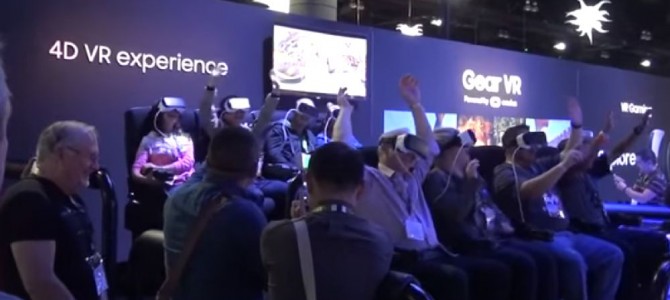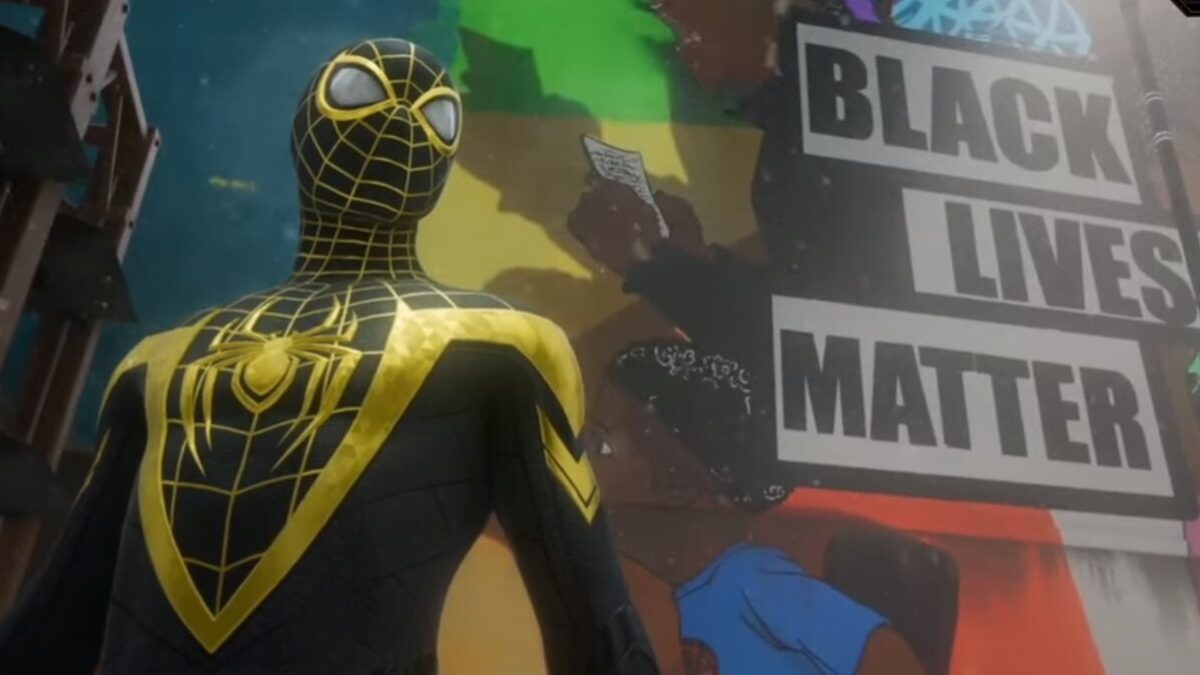
E3 is the video game industry’s massive annual trade show. More than 52,000 attendees descend upon a location, usually the Los Angeles Convention Center, to attend new game reveals, explore emerging technologies, and talk shop. Freaks and geeks from all walks of digital life rub elbows with the big shots. Certain trends emerge and set the overall tone of work previewed during the show.
At this year’s conference, game developers’ disturbing vision for the future made itself clear. Several major new titles coming out in 2017 are set in post-apocalyptic or futuristic worlds in which machines play dominant roles in society—perhaps more dominant than humans themselves.
This is important because science fiction has a history of being the harbinger of society’s trajectory. The book “1984” is a particularly poignant example of this phenomenon taking place in our own lifetime. George Orwell’s fictional world, in which a surveillance camera watches every street, televisions are two-way devices, and nations are in a state of perpetual warfare, has turned out to be more prophecy than fantasy. Likewise, the stories told in the games at E3 this year may seem bizarre, yet may also come true in some fashion, and may do so sooner rather than later.
Start with ‘Detroit: Become Human’
Take, for example, “Detroit: Become Human.” This game is “a neo-noir thriller set in the near-future city of Detroit.” In the trailer debuted at the convention, the Midwestern cityscape is a far cry from what you’d find there in the present day. In the game, illuminated skyscrapers tower above sleek city streets. A technologically advanced police force employs the help of an android, a highly capable humanlike robot, in rescuing a small child who is being held hostage. Her captor is another android, one that has gone rogue.
The game’s story centers on the pathos of emotional dilemmas and trying decisions. Its main vehicle for highlighting these aspects of the human—or humanoid?—condition is a setting in which robots have replaced people in most professions. Naturally, something starts to go wrong with the androids, and they begin to behave violently toward humans, hence the hostage scene.
All aspects of the trailer, from scenery to dialogue to plot, were dark, moody, and foreboding. This was not a future worth looking forward to, even for a Detroit whose skyscrapers could benefit from a touch of opulence. The real Detroit will get back on its feet one day. But isn’t it possible that in the decades or centuries that follow, society could become even more overly reliant on, and thus vulnerable to, technology than it is now?
But It Didn’t End There
Another dystopian game to consider at this year’s E3 was “Horizon: Zero Dawn.” In this title, animals have been displaced by, or transformed into, machinoid creatures. Meanwhile, human society has devolved to a prehistoric state. During the demo, gameplay opened with Aloy rushing to save the survivors of an attack from some mechanical animals. She takes down a group of these hostile robot creatures, then loots their bodies for electrical materials, which she needs to create new weapons, armor, and the like. A future like this seems possible only in a world where humans have become so bent on technological advancement that they have left behind the other things necessary for civilization and thereby brought about its downfall.
Of course, it’s not hard to imagine that such a world might be the one in which we live now. We probably won’t be hunting electric buffalos and scavenging their internal components anytime soon, but don’t we already, in some ways, live in a world where some people need devices more than they need flesh and blood?
Perhaps the most disturbing and believable example of dystopian stories at E3 was the newest installment in the Deus Ex series, “Deus Ex: Mankind Divided.” This game takes place in a world where humans and mechanically augmented humans—augs—live at odds with one another. The divide between these two classes of human comes after the “Aug Incident,” an event in which, similar to “Detroit,” augmented humans became violent as the result of a conspiratorial sabotage to their systems.
In the resulting “mechanical apartheid,” augs and normal humans are forcibly segregated from one another. Augs must show their papers to law enforcement at checkpoints and may only enter public areas, such as the subway system, from the designated aug entrance. Augs, even those who are innocent, face harassment and discrimination from normal humans while out and about on the streets. Although the specifics may seem far-fetched, the emotional quality of this narrative is more than believable; it is already represented throughout human history.
Are these games an indication of the current state of affairs? Certainly. Art in any form reflects society. These most recent submissions suggest that if we continue to advance technologically without straightening out morally or socially, we’re going to have a bad time. You can see it happening right now: At the same time that people in modern society diverge further from one another along political, social, and economic lines, technology plays an increasingly important role in our lives, sometimes aiding in creating this distance between one another.
I’m not suggesting technology is the root of all evil. It is a tool, and like most tools, the outcome of its use depends on what it’s used for, and in conjunction with what. People cannot rely exclusively on material advancement, lest they get torn down by the ramifications of greed. The bottom line is that even as we amass more material success, this doesn’t guarantee world peace and happiness, and many of us know this on some level. Thus, the prevalence of games set in dystopian futuristic worlds, in which technology is more powerful than man, likely reflects a collective uneasiness about our own uncertain future.









